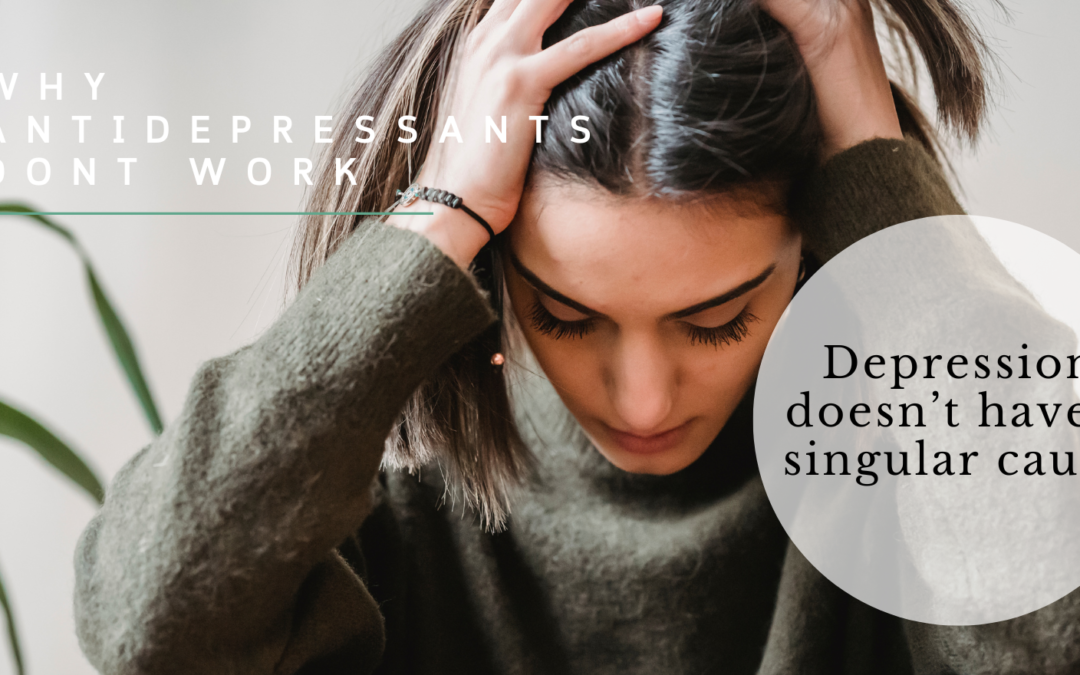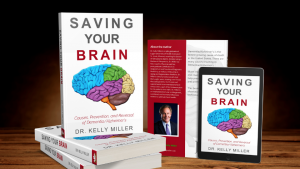While the exact cause of depression isn’t known, a number of things can be associated with its development. Generally, depression does not result from a single event, but from a combination of biological, psychological, social and lifestyle factors.
Depression actually begins further up in the chain of events in the brain. The biochemical events that ultimately result in depression actually start in the development and functioning of neurons. At Saving Your Brain, we look into the hemispheric imbalances of the brain and work with patients to restore brain balance. Through the concept of Neuroplasticity, we know that through brain training, the neurons in the brain can change, repair, and recover.
Neuroplasticity is a general term referring to the ability of neurons to alter their structure and function in response to internal and external stimuli. Although differences occur with aging, this is a lifelong process. Physical and chemical neuroplastic changes occur with learning, memory and chronic pain.
“The medications have been focusing on the effect, not the cause,” she said. “That’s why it takes so long for them to work and why they aren’t effective for so many people.” according to according to Eva Redei, a long-time depression researcher.
If you feel like your antidepressant has stopped working, you’re not alone. It’s common for a medication that once worked wonders to become ineffective, especially if you’ve been taking it for a long time. Symptoms return for up to 33% of people using antidepressants — it’s called breakthrough depression.
“Usually an antidepressant that’s worked for a patient will keep working,” says Paul Nestadt, M.D., psychiatrist and co-director of the Jack and Mary McGlasson Anxiety Disorders Clinic at Johns Hopkins. “But sometimes, a new episode of depression might come up that’s not as responsive to that medication, or the medication might just stop working altogether.”
What causes depression medications to stop working?
Multiple factors can change the way your body responds to an antidepressant, including:
- Drug or alcohol use. Illicit drug use and alcohol can cause strong mood changes, which can make antidepressants ineffective.
- Pregnancy. Your body’s weight and blood volume increase when you’re pregnant. Talk to your doctor about taking antidepressants while pregnant, and about potentially adjusting your dosage to continue relieving symptoms.
- New stressors. A new stressful situation at home or work can result in a mood response for which the antidepressant can’t compensate.
- Other medications. Interactions between antidepressants and medications for other health conditions can affect how well an antidepressant works
When should you come in and see our professionals at Saving Your Brain?
- Headaches
- Nausea
- Diarrhea or constipation
- Greater anxiety
- Suicidal thoughts
Our non-drug approach starts with a QEEG brain map to pinpoint what areas of the brain is weak . Our doctors will then sit down with the patient to offer a customized approach. With advanced technologies, we are able to correct weaknesses in the brain that may cause anxiety, stress, depression, insomnia, disruptive behavior disorders, and more.
Is your brain healthy?
Is your Brain healthy? Your brain is the control center of everything that happens in your body. In this day and age of Super Stress and a diet that causes chronic inflammation, your brain may be struggling to adapt. The result can include fatigue, brain fog, difficulty sleeping, anxiety, depression, digestive stress, pain and immune system weakness.
BrainTap is one of the innovative tools we use at Saving Your Brain centers to help our patients regain control of their health without the harmful side effects of drugs.
Braintapping creates a symphony of brainwave activity, a feeling of calm focus that’s just right for learning and productivity. Each session is designed with brainwave balance in mind.
Unlike meditation programs, BrainTap’s exclusive neuro algorithms gently and naturally guide your brain through a broad range of brainwave patterns, instead of just the Alpha state. The result is a complete spectrum of brainwave activity.
Untreated depression can have many negative effects on a person’s life, including serious relationship and family problems, difficulty finding and holding down a job, and drug and alcohol problems.
Contact our office at info@savingyourbrain.com to schedule a free consultation to discuss Brain Tap and other programs such as Laser Therapy, Neurosage, Neurofeedback, Interactive Metronome, Right Eye Tracking, and more with Kelly Miller, NMD.


